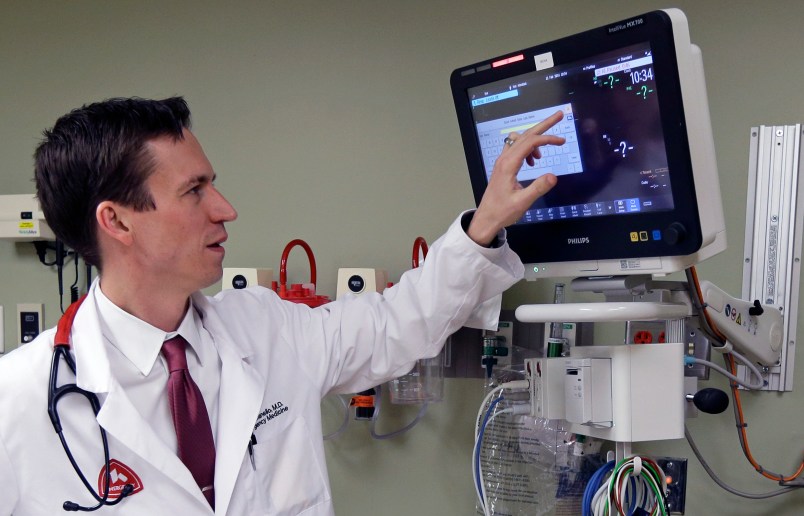There was a study out of Oregon last year that suggested there was little evidence that people with health insurance had better health outcomes, though they did enjoy greater peace of mind and improved mental health. But there’s another, far more rigorous study just out on Massachusetts’ 2006 experiment with health care reform and it paints a very different picture: universal or near universal health care coverage drops mortality substantially. In other words, it saves lives. Lots of them.
The study was published Monday in the Annals of Internal Medicine. And it is written up here in The New York Times. It looks at change over the period between 2001 and 2010 in Massachusetts, thus pulling in a significant chunk of data before and after reform went into effect. It then compared those numbers with 513 counties around the country which had similar characteristics to Massachusetts to provide a control and attempt to rule out other factors beside reform-based coverage that might be driving the change.
The upshot is that statewide, mortality rates fell by about 3% among adults under 65. In Suffolk County, which includes Boston and a lot of low income areas, mortality rates fell by 7%. The Times article notes that if you projected the 3% number across the country that would amount to 17,000 people.
The authors are clear that they cannot specifically demonstrate causality. But the big thing that happened in Massachusetts and didn’t happen in other counties across the country is pretty straightforward.
The internal analysis is unsurprising. People who might skip on their diabetes or hypertension meds, don’t. People go for more check ups. They worry less about the costs when they need to get some suspicious symptom checked out.
It is important to point out that this is only one study and it hardly ends the debate. Massachusetts has a distinct demography and it’s got perhaps the best medical infrastructure in the country. So the upside might arguably be higher there. But it is probably fair to say that it is the most rigorous and detailed study we have on the subject to date. So it’s fair to say that this study is, for the moment, the starting point for the conversation.






